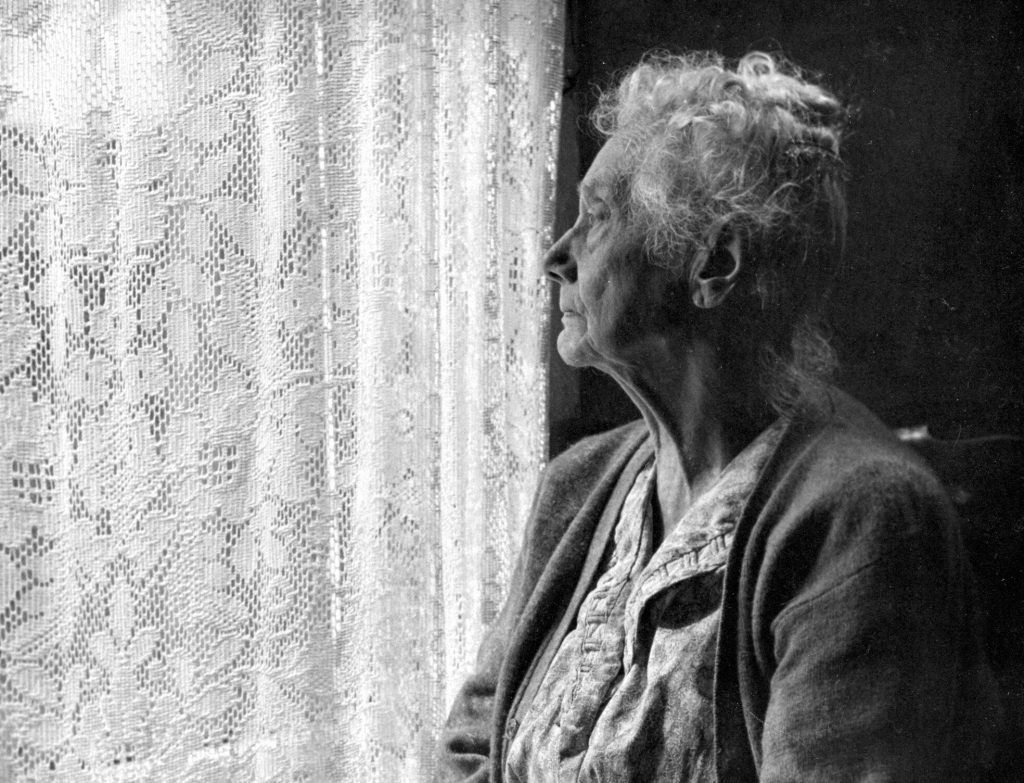A new report from the International Longevity Centre (ILC-UK) has found that residential housing with flexible care provision (extra care) can have a major impact in promoting residents’ quality of life and reducing feelings of loneliness and isolation.
The report, funded by Audley Retirement and Bupa, surveyed residents of retirement villages on quality of life and used a statistical technique to compare the results with a group living in the community. This striking research revealed that village living can promote greaterindependence and provide greaterchoice in planning for later life than would otherwise be available. The research shows that the communal environment has the potential to reduce social isolation, particularly for residents who move from more rural or remote homes.
The average person in a retirement village experiences half the amount of loneliness (12.17%) than those in the community (22.83%). Nearly two thirds of respondents living in retirement villages (64.2%) could be classified as not at all lonely, and over four out of five (81.7%) said they hardly ever or never felt isolated. Over half (54.7%) often felt in tune with those around them, and nearly four in five (79.1%) hardly ever or never felt left out.
People living in this type of accommodation also reported a strong sense of control over their daily lives, nearly 10% higher than those living in the community. Control is a crucial component of quality of life measurement[i]. They also felt secure in their homes, with 97% of respondents agreeing that they felt safe where they lived. Both of these findings were assessed using recognised quality of life measures[ii].
The UK is faced with an ageing population which, the ILC-UK warns, is going to become increasingly difficult to support. It is projected that in 20 years’ time, the number of people aged 85 and over will be almost two and a half times larger than in 2010[iii]. As well as having an emotional impact, loneliness can also present physical health implications; research has shown that loneliness can accelerate cognitive decline in older adults[iv], and even present people with a 64% greater risk of dementia[v]. There are currently 800,000 people in England who are chronically lonely[vi] which, if left to increase in line with the population, could create a large burden on the NHS.
The research calls on the government to:
- Identify ways of working with the private sector to stimulate the building of new good quality retirement housing.
- Encourage people in early older age to consider making such a move.
- In light of the new pensions freedoms, consider offering information and advice on such housing opportunities to people who make enquiries into how to manage their retirement finances.
Baroness Sally Greengross, Chief Executive of ILC-UK commented: “This research helps confirm that good housing is good for us. Communal living commonly found in extra care and retirement villages seems to positive impact on loneliness, with very few respondents to our research saying they felt a high degree of loneliness or isolation. New and innovative models for providing social care are crucial to address rising costs for care in an aging society. But we simply aren’t building enough aspirational housing for old age. Government must ensure that planning supports the development and promotion of alternative models of housing with care.”
Nick Sanderson, CEO of Audley Retirement Villages commented: “We have long known that retirement villages offering extra care have a positive impact on those living in them. No one wants to be in a care home, and very few should need to go down that route. The ILC report corroborates our belief that the quality of life in extra care accommodation far exceeds what is possible in a care home.
“Extra care housing offers people the opportunity to live in a community of like-minded individuals, whilst remaining in their own home and retaining their independence. We were particularly pleased to see the ILC report reveal that residents feel a greater sense of control, and importantly a sense of community. Living in the right accommodation, with flexible care give our owners the opportunity to live their lives as they choose, on their own terms.
“We are faced with a growing older population, and this generation are more ambitious and active than ever. It’s crucial that there is a better supply of good quality housing that meets their changing needs. Extra care is a seemingly simple concept, but government, business and society urgently needs to accelerate the provision of alternatives to current solutions; alternatives like extra care housing that can help give older people what they need and want, as well as help the NHS avoid a care crisis.”
Paddy Brice, managing director, of Richmond Care Villages, which is part of Bupa, said:
“The report reflects our knowledge that retirement villages are a great way for people to maintain their independence and enjoy an active social life, with the confidence that support is on hand if needed.
“Our villagers frequently tell us they wish they’d made the move earlier. We are currently building two new villages as part of Bupa’s investment in new products and services for older people. Care villages are clearly meeting a big demand for this style of living as the apartments are being snapped up before we have even finished building them.”


